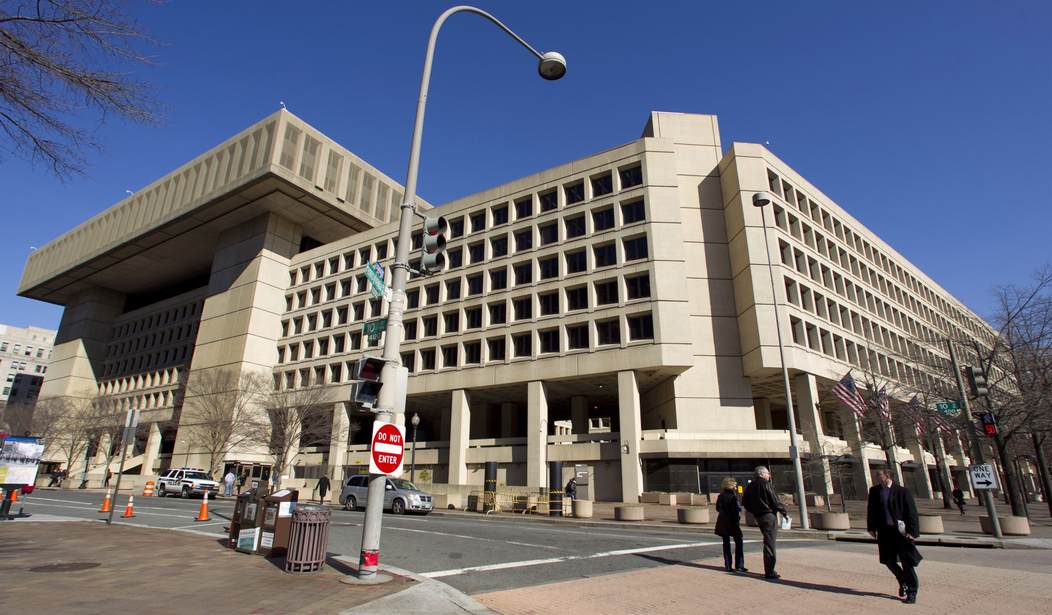I have been following urban planning controversies for over two decades.
I know. I am weird.
But such controversies matter a lot to our quality of life. Every time you hear a term like “walkable” you should think “not drivable,” because urban planners hate cars.
It wasn’t always thus. For decades cities were designed around cars, as anyone who lives outside a very dense urban area knows. Suburbs exist because of cars. Single-family homes for the middle class do too. Before cars you had to walk or ride a horse; after, all that space around cities became usable as living space. It was nirvana for the average family and still is for many of us.
Urban planners often speak as if there were no roads before cars, which is absurd. By their telling, everybody used a sidewalk or took a train to get around, and the car ruined everything. In their world, you should live in a 15-minute city where you can walk anywhere, which is another way of saying you should live in an urban high-rise building.
The U.S. has nearly seven parking spots for every car, according to some estimates. Now cities across the country are overhauling parking requirements for developers, scaling back the minimum number of spots for shopping centers and apartment complexes.https://t.co/Wya3smCIv2
— The New York Times (@nytimes) March 7, 2023
One tool at the disposal of urban planners is their ability to regulate parking. No place to park and you can force people to minimize their driving.
Ironically, this tactic doesn’t work that well. Witness New York and Boston, where despite there being no place to park the streets are still packed. People just get into fistfights over parking spaces.
Spying an empty spot in a parking lot, a driver flicks on the turn signal and steers the car into the space. This little maneuver happens so often across the country that it’s done almost without a second thought.
But now, the humble parking spot is suddenly a hot topic. Scrutinizing their parking regulations, cities across the nation are rolling back requirements for new development.
If you live in a Blue city or state, you may have experienced the frustration of new developments that don’t have enough parking. When the first Trader Joe’s opened a few miles away I would drive there regularly, and then spend 15 minutes looking for parking since there were only about 20 spots for the store.
As soon as a new store opened in the suburbs, I switched. It was farther away, but I could always get a spot.
The statistic about parking spaces is more than a bit deceiving. While likely “true,” it ignores the overall supply of spots needed. Every parking spot in a downtown garage may be needed during the day, and every spot at the mall may be needed on the weekend. The supply of spots overall is hardly outrageous, given the demands at different times of the day, week, and year. Try getting a spot at the mall in the Christmas season, or a spot at Costco any time of the year.
But paving over paradise, to paraphrase Joni Mitchell, is now being blamed for a number of societal woes, including the housing crisis, climate change and the rise in fatalities among pedestrians and cyclists.
The idea that the country has an overabundance of parking may come as a surprise to residents of big cities like Chicago, New York and Washington, where drivers are routinely hunting for a spot, and sometimes even get into fights over parking spaces. Some worry that rolling back mandates may make it even harder to find that coveted spot.
But in city after city, minimum parking requirements, as they are called, are being struck down, thrilling progressives and real estate developers alike. “It’s snowballing,” said Jeff Speck, a city planner and the author of “Walkable City: How Downtown Can Save America, One Step at a Time.”
Despite pushback from some residents not ready to share their favorite spot, hundreds of cities, from Gainesville, Fla., to Anchorage have overhauled their parking requirements. Dozens have repealed them; 15 in 2022 alone.
It’s hard not to hate these people, and you can see why from that last paragraph I quoted: people don’t want this to happen, but it is happening anyway. The people doing this to us are utterly unconcerned with how we want things; they are firmly convinced they know what is better for us than we do.
Walk to Home Depot, and wear a mask while doing it.
No thanks.
It has become a matter of religious faith among many liberals that cars have destroyed America, and they speak as if the development of the suburbs is the result of a demonic plot to destroy Mother Earth.
There are 3.8 million square miles of land in the United States. We often hear about how we are “paving over” America, yet the fact is that only 3% of the country is developed.
3%.
Now I don’t want to see it all paved over, but out of that 3.8 million square miles about 14,000 were developed over the past 20 years.
I think America is safe from being covered in asphalt and concrete. Take a plane ride if you doubt me.
If you look at most urban areas it’s pretty clear that people actually like having a bit of breathing room. I live in Minneapolis–the actual city–but very few people in our urban are live in either Minneapolis or St Paul. They live in suburbs. There is no way they are walking 10-20 miles to work, thank you very much, and they don’t want to spend all their shopping time looking for parking.
The Twin Cities has also been on a train building boom, because of urban planners. We have spent billions on trains that almost nobody but homeless people ride, so they can have a place to overdose on fentanyl or meth. A liberal state legislator totaled his car in January and deided to take the light rail to the capitol; not long after he put in a bill to put social workers on the trains to deal with the crisis of crime.
Don’t worry, though, he will support more funding for trains that nobody rides.
Do cars bring their own problems? Of course they do, because we live in the real world. But on balance a world with lots of cars is better than a world with fewer. Mobility is one of the great advances in human standards of living in modern times. What used to be a trip that took hours, days, weeks, or even months can now be accomplished in minutes to hours.
Urban planners have created far more problems than they have solved, and ironically almost every major city that they want to duplicate was built before they were able to control anything. Boston. New York. Paris. London. All built before zoning. Urban planners made them much worse.
If people want to live crammed together, have at it. If they want to walk or bike, do it off the streets, but fine. But keep your grubby hands off of everybody else’s lifestyle, and don’t take away our parking spots.








Join the conversation as a VIP Member